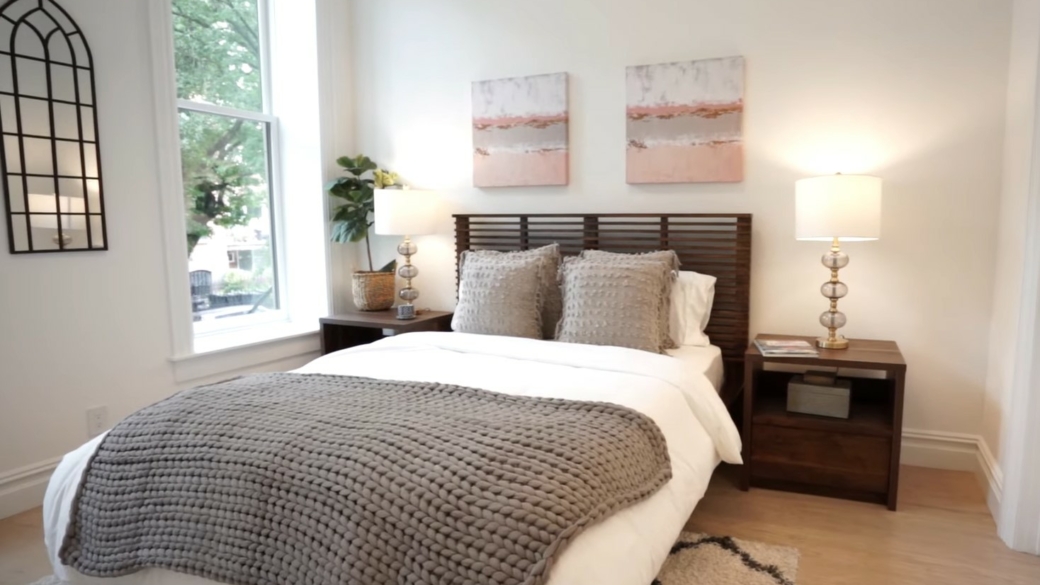Can a Landlord Take Photos During an Inspection?
Exploring the world of landlord-tenant relationships can often feel like a delicate balance, particularly when discussing property inspections. A common question that arises is can a landlord take photos during an inspection.
In this article, we dive deep into this topic, providing a comprehensive guide for both landlords and tenants regarding the legal and ethical boundaries surrounding property inspections and photography. Let’s navigate this intricate issue step by step, shedding light on the reasons behind inspections, situations where taking photos is acceptable, and offering tips to protect your privacy during these inspections.
What is the Reason for an Inspection?
Understanding the Necessity of Inspections
Property inspections play a vital role in maintaining the structural soundness and overall safety of a rental property. Landlords conduct these inspections to verify proper maintenance, spot any needed repairs, and meet insurance obligations.
Consistent inspections serve as a proactive measure to prevent significant damage. For instance, catching a small water leak early on can thwart the potential for a costly mold issue that might require thousands of dollars to resolve.
Legal Obligations and Safety Measures
In addition to maintenance purposes, property inspections serve the important role of guaranteeing compliance with health and safety standards. Landlords have a legal duty to offer habitable living spaces, which entails the proper functioning of electrical, plumbing, and heating systems. Furthermore, inspections serve as a means to confirm tenant adherence to lease agreement terms, including restrictions on subletting or pet ownership.
In What Scenarios Does the Landlord Have the Right to Take Photos During an Inspection?
Documenting the Condition of the Property
In various regions, landlords possess the authority to capture photographs during property inspections to record the property’s current state. This practice aids in monitoring the property’s condition over time, making it easier to distinguish normal wear and tear from genuine damage. For instance, a landlord may choose to photograph a cracked wall, enabling prompt repairs and safeguarding the building’s structural integrity.
Evidence in Legal Disputes
Photographs captured during an inspection can also function as valuable evidence in potential legal disagreements. For instance, if a tenant disputes responsibility for property damage, these photos offer a concrete record of the property’s state at a particular moment, aiding in the resolution of disputes in a more harmonious and equitable manner.
Can a Landlord Take Photos of Your Personal Belongings?
Privacy Concerns and Legal Boundaries
Landlords can inspect properties, but they must balance this right with tenants’ privacy. To protect the privacy of tenants, landlords should rarely photograph their personal belongings. Nonetheless, there could be instances where it becomes essential to capture images of areas that include personal items, such as recording the state of a furnished rental property.
Setting Clear Boundaries
It’s a wise practice for landlords and tenants to establish a transparent agreement regarding the scope of photography permitted during inspections. This agreement can be detailed in the rental contract, clearly defining which areas are subject to photography and the circumstances under which it’s permissible. For example, a clause might specify that photographs of personal items can only be taken with the tenant’s consent, except in cases of emergencies.
Tips to Protect Your Privacy During an Inspection
Preparing for the Inspection
Tenants can take proactive measures to safeguard their privacy during inspections. One effective approach is to tidy up the property and ensure personal items are discreetly stored away. This not only presents the property in its best condition but also shields sensitive personal belongings from being inadvertently photographed.
Open Communication
Fostering open communication with your landlord plays a crucial role in preserving your privacy. Address your concerns openly and work toward a mutual understanding regarding the inspection process. For instance, you might agree that the landlord will only take pictures when you’re present, allowing you to relocate personal items out of the camera’s view.
FAQs
What Notice Period is Required for an Inspection?
The notice period for inspections can vary depending on local regulations. Landlords must give reasonable notice, usually 24–48 hours. It is recommended that you consult your local laws or a legal professional who is familiar with your region’s requirements for specifics.
If you’re a landlord and looking for help when communicating inspections with your tenants, you’ll find a 24 hour notice to enter template message on this page.
Can I Refuse to Allow Photos During an Inspection?
Tenants have a valid right to privacy, which encompasses the ability to decline photography of personal spaces and belongings during inspections. However, refusing to allow property photos may be uncooperative, straining landlord-tenant relations. It is best to discuss this with your tenant in an open manner so that both of you can come up with a solution that will satisfy everyone.
Conclusion
To summarize, landlords can take photos for property documentation during inspections, but they must do so with care and respect for tenants’ privacy. Through open communication and well-drafted rental agreements, clear boundaries establish a healthy landlord-tenant relationship based on trust and respect.
By comprehending the legal framework and respecting each other’s limits, both landlords and tenants can ensure a smooth, respectful, and lawful inspection process. Always bear in mind that the ultimate goal is efficient property maintenance while preserving the tenant’s dignity and privacy, creating a mutually beneficial scenario for all parties involved.
People Also Read
Can a Tenant Request Inspection?
Can a Landlord Look in My Closet? A Deeper Look at Tenant Privacy


